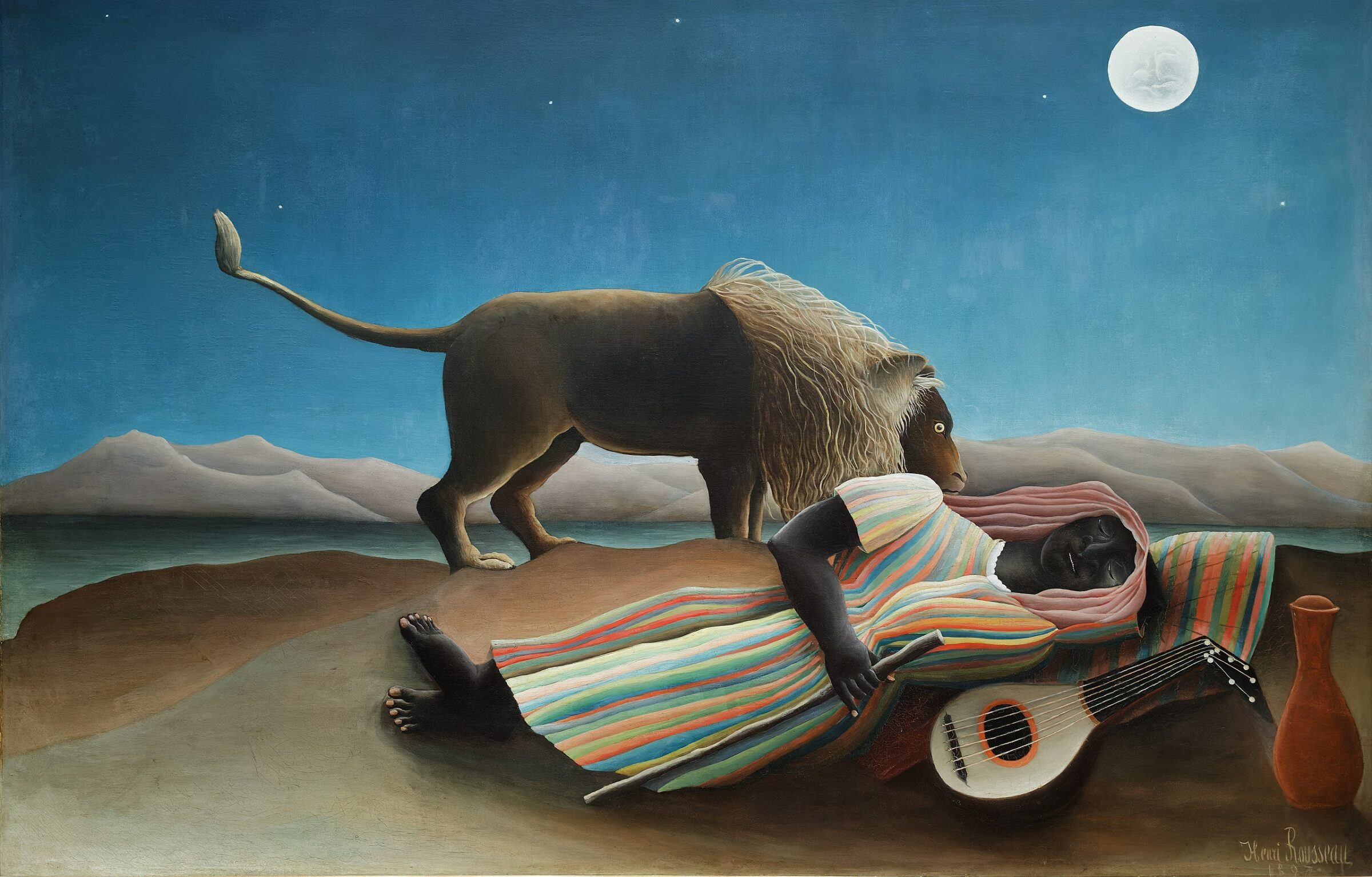 Evolution
Evolution
 Intelligent Design
Intelligent Design
Sleeping and Waking: A Designer’s Gift

Are we to credit an unguided evolutionary process for the gift of sleeping and waking? Or are these intricate systems further evidence of design? On a new episode of ID the Future, I conclude a conversation with Dr. Eric Hedin on the intelligent design of sleep. In Part 2, we dig deeper into the purpose of sleep and why it’s so essential to living organisms. We also look at why it’s unlikely that a gradual Darwinian process can be credited for the origin of sleeping and waking, and why intelligent design is a better explanation.
In an effort to pierce the mystery, some scientists have posited that organisms came prepackaged to sleep, and that we only needed to evolve wakefulness. But Hedin thinks the process of waking up is an even bigger obstacle for evolution to produce than falling asleep: “Honestly, if the coordinated physiological and neurological processes necessary to produce sleep seem daunting from natural processes to have them originate without a designer, then producing wakefulness, which is associated with consciousness, with its attendant qualities of mind…seems completely beyond the reach of any Darwinian mechanism.” Instead, Dr. Hedin argues that the processes of sleeping and waking exhibit a complex engineering design known as the push-pull principle. He rounds out the interview by explaining why intelligent design is a better explanation for the phenomenon of sleep than an evolutionary process.
Find the podcast and listen to it here. This is Part 2 of a two-part discussion. Listen to Part 1.
Dig Deeper
Read the articles by Dr. Hedin that inspired this interview:
- “Sleep: Designed For Our Good“
- “Sleeping and Waking: A Designer’s Gift”
- And here’s Hedin’s latest on the topic: “Consciousness — At Odds With the Flesh“
